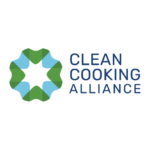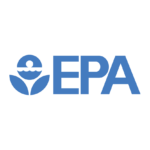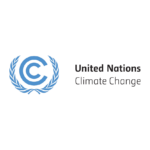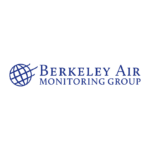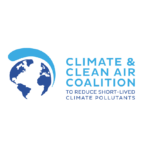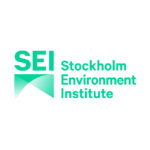Navigate this page
About the Clean Cooking and Climate Consortium
Founded in 2021 and led by the Clean Cooking Alliance (CCA), the Clean Cooking and Climate Consortium (4C) is a group of partners supporting efforts to achieve climate goals through clean cooking action.
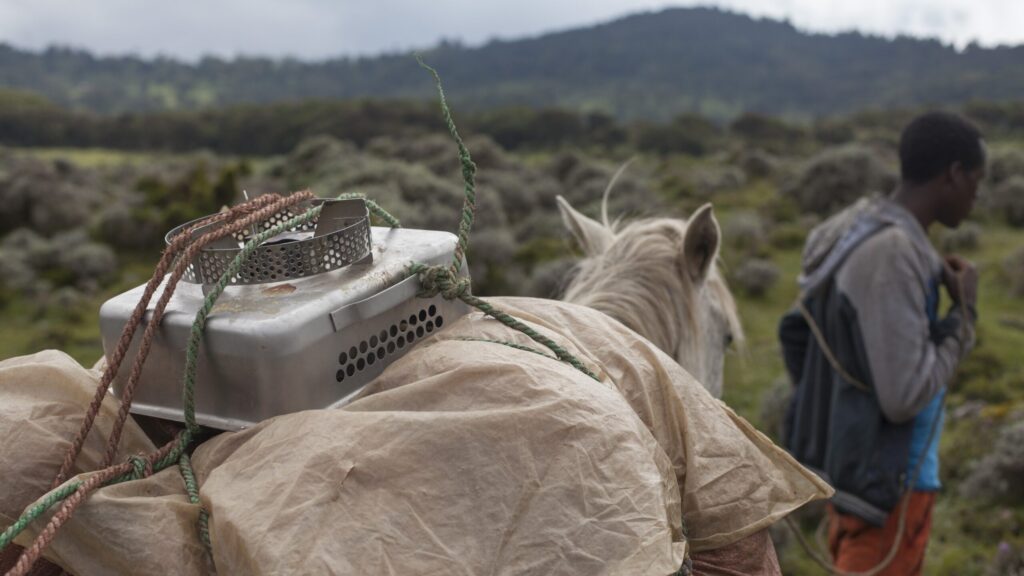
Many countries recognize that fighting climate change requires advancing clean cooking access. As of mid-2025, a total of 99 low- and middle-income countries (LMICs) include clean cooking-specific or broader household energy measures in their nationally determined contributions (NDCs). These national plans align with the recommendations of the Intergovernmental Panel on Climate Change (IPCC), which stresses that limiting global temperature rise requires rapid and unprecedented action by all countries, including scaling clean and efficient cooking technologies.
4C Partners
4C members include CCA, the United States Environmental Protection Agency (U.S. EPA), the United Nations Framework Convention on Climate Change (UNFCCC) secretariat, the Climate and Clean Air Coalition (CCAC), Berkeley Air Monitoring Group, and Stockholm Environment Institute (SEI). 4C collaborates with other key actors in the clean cooking and climate ecosystems supporting the development, planning, and implementation of NDCs and carbon projects. These partners include NDC Partnership, United Nations Development Programme (UNDP), Gold Standard, Verra, Africa NDC Hub, Energising Development (EnDev), and the World Bank.
4C Offerings
In conjunction with CCA’s Innovative Finance Initiative, 4C supports clean cooking and climate action through four ecosystem-building pillars:
- Technical guidance to LMIC governments to facilitate the implementation and measurement, reporting, and verification (MRV) of NDC-related clean cooking goals
- New clean cooking carbon methodology development
- Collection and dissemination of data on key parameters for clean cooking carbon projects
- Capacity building and due diligence work is performed on request
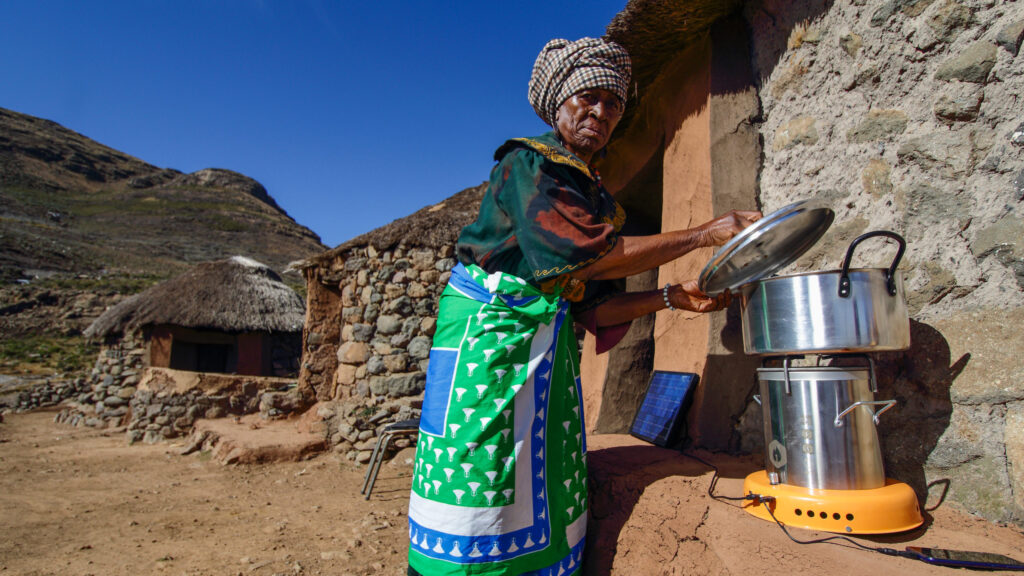
Technical Assistance for LMICs
4C holds technical consultations on topics requested by country governments. 4C also holds in-depth, country-specific technical consultations on request, including for the development of MRV plans and funding proposals, and advising on carbon standards and methodologies.
REQUEST A TECHNICAL CONSULTATION
Carbon Methodology Development
4C is leading a sector-wide effort to develop a new methodology for crediting emissions reductions from cookstove projects. It is the first ever methodology to be applicable to all cooking transition scenarios, including metered and non-metered fuels, which will eliminate the need for multiple methodologies for cookstove carbon projects. 4C intends for this new methodology to become the standard for cookstove projects under the Paris Agreement (Articles 6.2 and 6.4) and the voluntary carbon market. By incorporating the latest science on key parameters, this new methodology will generate the most realistic emission reductions to date, reduce integrity risks, incentivize best practices, and increase consistency across standard bodies.
Read more about the methodology here.
Data Collection and Dissemination
In conjunction with its development of the methodology, 4C is also developing a carbon data platform that will make free, accurate, and standardized cookstove carbon project data available to project developers and others, reducing costs for carbon finance and fostering consistency across the ecosystem. As part of these efforts, leading researchers at SEI have worked with CCA and UNFCCC to update fraction of non-renewable biomass (fNRB) values with more realistic, granular data, and have been working on engaging a cohort of countries to make site-specific adjustments to the global fNRB model and potentially develop more refined national models in collaboration with country governments.
4C Guidance Documents
4C has developed two guidance documents that provide specific recommendations related to clean cooking MRV and implementation in the context of the Paris Agreement.
Clean Cooking for Climate Action: Roadmap for National Clean Cooking Programs to Achieve Emission Reduction Targets
This document provides an overview of the benefits of and new opportunities for clean cooking transitions. It is intended to support governments and other stakeholders to initiate, expand, or enhance clean cooking initiatives with the goal of reducing harmful, climate-forcing emissions and meeting their commitments under the Paris Agreement.
Introductory Framework for Measurement, Reporting, and Verification for Clean Cooking Energy Initiatives
This document introduces MRV approaches and recommendations as they apply to cooking energy interventions. The document builds on existing MRV experience and highlights how these approaches may evolve in the context of the Paris Agreement. This guide is intended for any professional involved in the planning, execution, or funding of clean cooking energy programs and projects that aim to reduce climate-harming emissions within the context of the Paris Agreement goals.
4C Events
Join us at 4C-hosted events or other clean cooking- and climate-related convenings happening around the world.
Click here to view clean cooking-related events, including 4C offerings.
Watch past 4C-hosted and 4C-related events:
- VIDEO: Maximizing co-benefits of mitigation and adaptation actions with NDCs: Held at the UN Climate Change Pavilion at COP28, this session focused on how NDCs can be used to promote multiple co-benefits with climate mitigation actions.
- VIDEO: Reducing Emissions from Cooking to Achieve Nationally Determined Contribution Goals: CCA, U.S. EPA, UNFCCC, USAID, and the governments of Ghana and Uganda discuss clean cooking implementation at the U.S. Center at COP27.
- VIDEO: Clean Cooking: Delivering a Just Transition and Climate Wins: 4C members and partners brought clean cooking to the UN Climate Change Pavilion at COP27.
- VIDEO: Achieving NDC Targets Through Clean Cooking Action: Held at the COP27 UN Climate Change Innovation Hub, this event focused on the work of state and non-state actors to support country-level efforts to achieve climate goals through clean cooking.
- WEBINAR: Achieving Climate Goals Through Clean Cooking: Introductory 4C webinar that explains how countries can achieve climate goals through cooking energy interventions.
4C Funding Opportunities
To support efforts in achieving clean cooking and climate goals, 4C provides information about grants, investments, and other funding.
Click here to view clean cooking-related funding opportunities, including 4C offerings.
If you know of additional grants, investments, or funding opportunities for the household energy or clean cooking sector that are not listed, please contact us at climate@cleancooking.org.

